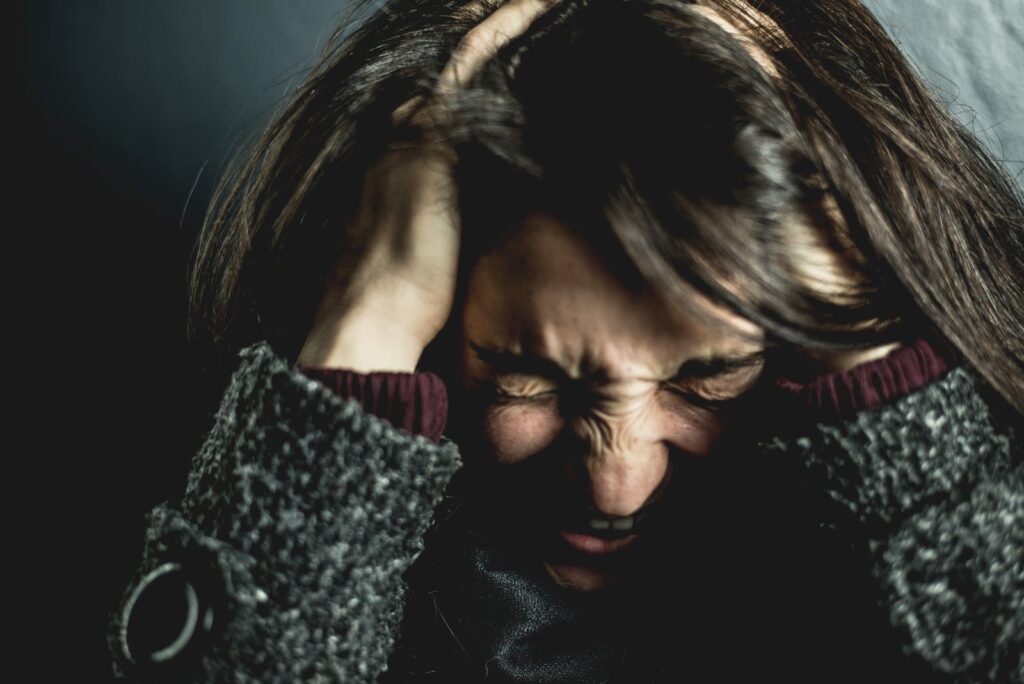Psychoneuroimmunology (PNI) is an interdisciplinary science that deals with the complex interrelationships between health and illness, especially with regard to their causes. PNI gives us new impulses to better understand the interplay of body, mind and soul. It is time for a more holistic medicine! One that leaves behind the “specialist tube view” and focuses on the human being as a whole.
Prof. Dr. Stefan Hockertz
What is Psychoneuroimmunology?
The focus of PNI is on interlocking systems; first and foremost on the interactions of the psyche, the nervous system and the immune system (psycho – neuro – immunology). PNI explores the ingenious and equally complex interplay of the various control centers of our body and comes up with astonishing findings time and again. In its application, PNI integrates knowledge from psychology, neurology, immunology, but also from endocrinology, sociology and the movement sciences. Furthermore, processes within the cell nucleus and epigenetics are also included. The findings are put into practice in clinical PNI to develop therapeutic interventions and prophylactic approaches.
Mutual communication
Psychoneuroimmunology impressively demonstrates how the psyche, the nervous system and the body’s defenses are in close information exchange with each other. The three systems communicate and react reciprocally. Interfaces of these control circuits are e.g. the brain with the pituitary gland (hypophysis), the adrenal glands and the immune cells. Because of the interaction of hormones, PNI is closely related to psychoneuroendocrinology, which studies these interactions in even greater detail. PNI focuses on the effect of the psyche on the immune system.
Emotions influence the immune system
Psychoneuroimmunology turns on its head the view, still strongly held in medicine, of an immune system operating more or less autonomously in the organism. Scientists have long found evidence that our feelings, emotions, thoughts and attitudes, for example, play a key role in the immune system. Psychoneuroimmunology experienced a breakthrough when it was possible to prove with laboratory values that emotions trigger biochemical reactions in the body. When we are exposed to emotional stress, certain inflammatory markers increase.

We should understand that immunological reactions should never be considered in isolation, but always in interaction with psychological and psychosocial factors! Nutrition, sleep/relaxation and exercise are also known to play a supporting role for the immune system. As already mentioned, it is important not to consider anything in isolation, but always in interaction, because that is how we are created!
Chronic stress weakens the immune system
We must distinguish between acute and chronic stress; in the case of acute stress, the body becomes more efficient in the short term and thus the immune activity is increased in order to be able to defend itself against the imminent danger. The body regulates itself again after acute stress. However, an overloaded and weakened body can lose its natural balance and acute stress can turn into chronic stress or distress, i.e. negative stress

Whether a person experiences something as eustress (positive stress) and a positive challenge or distress and excessive demands is very individual and depends on several factors. One person is stressed by a constantly demanding boss, another by disputes with his partner, and financial problems or worries about the children can also be stressful. In PNI, special attention is paid to early influences on the psyche and the stress system (early life stress). Negative experiences such as unkindness, lack of care, exclusion, rejection, etc. can lead to less ability to cope with stressors in adulthood.
Weakened immune system due to psychological influences
Decreased immunological memory:
- Decreased production of T cells (belong to the lymphocytes and play an important role in the human immune system; recognize antigens).
- Decreased response of Natural Killer (NK) cells, (also belong to the lymphocytes and can recognize and kill abnormal cells such as cancer cells or virus-infected cells).
A weakened immune system can result in an increased frequency of infections and the development or worsening of various chronic diseases.
“Inflamed psyche“
The rethinking began when depression emerged as a side effect of immunotherapies that artificially create inflammation. In the meantime, researchers assume that the cause of mental disorders can also be the permanent inflammation itself, which leads to functional changes in the brain.
From the Apotheken-Umschau: https://www.apotheken-umschau.de/mein-koerper/immunsystem/wie-die-psyche-das-immunsystem-beeinflusst-722369.html
Using the findings from PNI
Has your doctor ever asked you whether you often get angry, worry a lot or are even afraid? Or whether you have marital problems or a troublesome boss? You haven’t? Actually, it’s a pity, because negative thoughts, feelings and emotions are scientifically proven to make us sick, they attack our immune system. Chronic stress affects immune factors negatively, it acts like poison in our body! Conversely, positive psychological influencing factors such as optimism, positive thinking, good self-worth, good social ties, gratitude, etc. have a positive effect on the immune system. It is usually not easy, but such a positive lifestyle can be practiced and will have an impact and should definitely be strived for. You will probably need support to learn to “see the half-empty glass instead of the half-full glass,” to recognize obstructive patterns and practice new thinking, or to increase your self-worth, but it will pay off. A positive spiral will be set in motion with gratifying results on the whole person. It has been proven that e.g. relaxation and imagination exercises lead to an increase in cellular immunity, also music or meditation lead to similar effects. But regular, moderate exercise and a seasonal, varied diet also support your immune system significantly.
Possibilities, for disease prophylaxis or for support in getting healthy (selection):
- Appropriate exercise training
- Psychotherapeutic offers / coaching (e.g. mental training, neurofeedback, Pesso, Alexander technique, body-centered talk therapy, etc.)
- Relaxation techniques / coming to rest
- Meditation / prayer / trust in God
- Imagination exercises (positive, pleasant inner experiences)
- Nutritional counseling
- Vital substance therapy (supplementing nutrition with suitable micronutrients)
Micronutrients as food supplements
Certain micronutrients have a positive effect on the psyche and the nervous and immune systems. A good basic supply of vitamins, minerals and trace elements is extremely important and supports and strengthens these systems. Furthermore, natural anti-inflammatories and antioxidants, such as turmeric, are helpful to prevent an overshooting of the immune system and to protect attacked nerves. Finally, a mixture of other ingredients is conceivable. For example, dandelion extract (anti-inflammatory, inhibits interleukin-6), grape seed extract (vasoprotective, antioxidant), reishi spore powder (nerve-protective, immune-boosting), quercetin (antioxidant), brown algae extract (detoxifying, immune-boosting, heart-protective), or rose root extract (mood-lifting, stress-reducing).
Overcoming fears
The worldwide events of the last two and a half years have left their mark on many people. Fear was (and still is) constantly stirred up, which, as you now know, can weaken the immune system! Therefore, my appeal is: Do not be afraid and do not be afraid, do not worry constantly, but look hopefully into the future!
However, voluntary and forced medical procedures associated with these events can literally stress the body in the long term (especially the psyche, nervous as well as immune systems are affected). Therefore, it is worthwhile in any case to strengthen one’s body with the knowledge of PNI in the long term, in order to get out of the current fear stress, which is fomented by irresponsible politics and media. For this, possibilities from the offers described above can be recommended.
